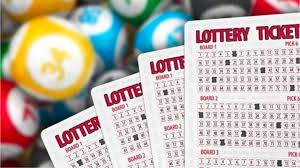How a High-Stakes Lottery Funded the American Revolution
When we think of the American Revolution, we often picture patriots, soldiers, and Founding Fathers. We often overlook, however, the crucial and surprising role of lotteries funding history in financing it all. In colonial and post-Revolutionary America, lotteries were a primary tool for raising public funds, and people considered them a civic duty rather than a vice. This deep-rooted lotteries funding history reveals a lot about the pragmatic spirit of the time.
A Patriotic Gamble: The History of Lottery Funding
By 1776, the newly formed Continental Congress faced a severe financial crisis. The war against the British was expensive, and with no established tax base, the government needed a new source of revenue. Therefore, they launched a nationwide lottery.
The goal was ambitious: to raise $10 million (in Continental currency) to provide food, clothing, and arms for the troops. Although they sold tickets across the colonies, the lottery was not a complete success. Nevertheless, it showcased a powerful idea: that the government could harness gambling as a financial instrument for the good of the nation. It was a clear signal that the nascent government would use innovative means to secure its independence.
Building a Nation, One Ticket at a Time
This powerful lotteries funding history didn’t just support the war effort. Before and after the Revolution, this form of gambling was instrumental in building the new country’s infrastructure. For instance, lottery proceeds funded:
- Public Works: They paid for the construction of roads, bridges, and canals, which were essential for economic growth and expansion.
- Iconic Universities: Lottery proceeds also partially funded some of America’s most prestigious educational institutions, including Harvard and Yale.
Ultimately, this historical period shows a profound difference in cultural perspective. Far from being an activity confined to back alleys, the lottery was a respectable, widespread practice essential to the growth and development of the United States. It was the original “voluntary tax” that built a nation.














Post Comment